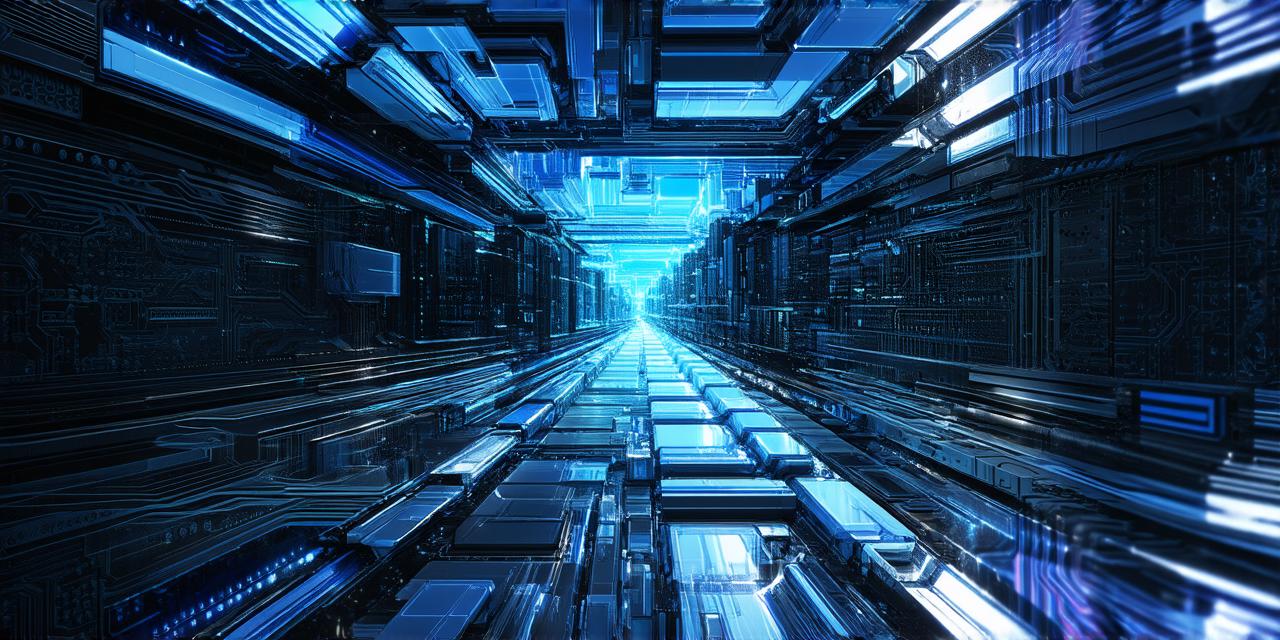Introduction
Artificial intelligence (AI) has been rapidly advancing in recent years, and its impact on game development is no exception. One popular game engine that is being used to create interactive experiences is Unity, a cross-platform game engine that allows developers to create games for multiple platforms with a single codebase.
Types of AI in Unity
There are several types of AI that can be used in Unity games, including:
- Behavioral AI: This type of AI allows characters to make decisions based on their environment and the actions of other characters in the game. For example, a character might avoid an obstacle if it detects that it is moving too quickly or if it detects that it is in danger.
- Navmesh AI: This type of AI uses navigation meshes, which are 3D maps that represent the environment and allow characters to move through it. Navmesh AI can be used to create pathfinding algorithms that allow characters to navigate through complex environments with ease.
- Perception AI: This type of AI allows characters to sense their surroundings and make decisions based on what they see, hear, and feel. For example, a character might detect an enemy by sensing its movement or hearing its footsteps.
- Machine Learning AI: This type of AI uses algorithms that allow machines to learn from data and improve their performance over time. Machine learning AI can be used to create intelligent enemies that adapt to the player’s tactics and become more challenging as the game progresses.
Advantages of AI in Unity Games
AI can bring many benefits to Unity games, including:
- Realistic Behavior: By using AI to control characters, developers can create more realistic and dynamic behavior that better reflects how real-world creatures would behave in similar situations.
- Enhanced Gameplay Experience: AI can be used to create enemies that are more challenging and require players to think strategically to defeat them. It can also be used to create NPCs (non-playable characters) that have their own personalities, motivations, and behaviors, which can help to make the game world feel more alive and immersive.
- Reduced Development Time: By using AI to automate certain tasks, developers can reduce the amount of time it takes to create a game. This can save time and resources that can be used on other aspects of development, such as graphics or storytelling.
- Improved Performance: AI can be optimized to run efficiently on different hardware configurations, which can help to improve the performance of the game on lower-end systems.
Conclusion
AI is becoming an increasingly popular tool in game development, and Unity is no exception. By using AI to create realistic behavior, enhance the gameplay experience, reduce development time, and improve performance, developers can create more engaging and immersive games that players will love. With the ongoing advancements in AI technology, we can expect to see even more exciting and innovative uses of AI in Unity games in the future.
